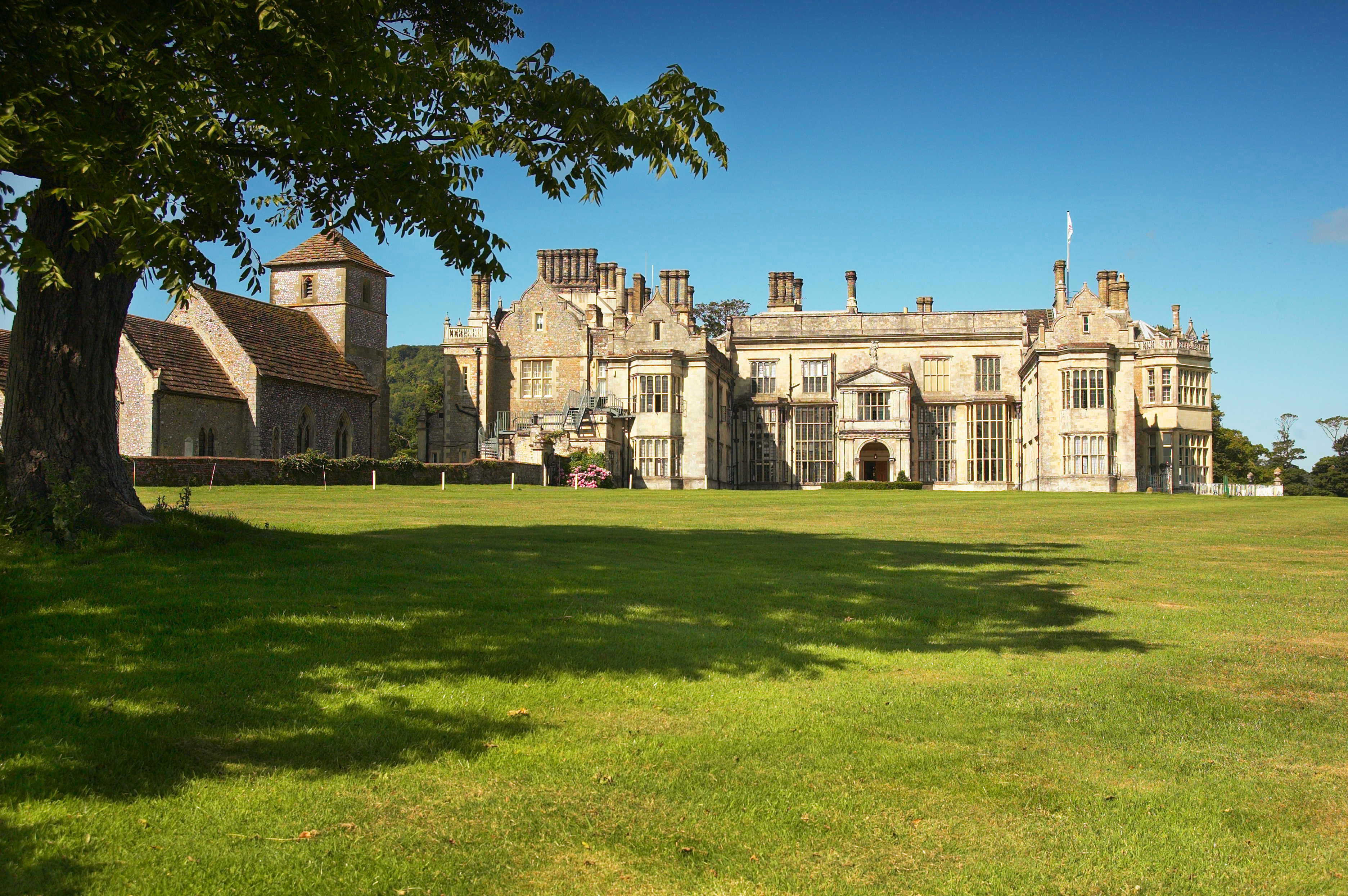Understanding Human Birth Defects in the Genomic Age
Organisers: Mustafa Khokha, Karen Liu and John Wallingford
Date: 10 - 13 November 2019
Location: Wiston House, UK
Birth defects are the leading cause of infant death in the developed world and among the leading causes of death and hospitalization for children of all ages. Despite this devastating effect, we still understand little of their etiology, impeding progress towards treatment and prevention. Moreover, while surgical interventions have improved survival for many children to beyond their first year, our inability to accurately predict, diagnose and treat the common long-term impact of birth defects leaves the economic, social and public health burden of birth defects unacceptably high.
One challenge to penetrating the barriers of birth defects research is the need for a multidisciplinary effort. This workshop is designed to foster an integrated approach to birth defects research by linking clinical geneticists identifying birth defect-associated genetic variants, physicians treating birth defects patients, and basic scientists studying embryonic development. As a group, we will address not only the science we do, but also the ways in which we communicate (and mis-communicate) across our disparate fields.
To this end, the workshop will devote a substantial amount of time to discussions (at the expense of formal speaking time) so that the disparate groups can “learn to speak each other’s language”. We will also feature less-formal sessions for discussions of logistical hurdles facing birth defects researchers, such as harmonizing human and animal data in databases, sharing patient data while protecting patient privacy, etc.
Ultimately, the goal of the workshop is to dismantle boundaries between developmental biology and clinical birth defects research so that clinical findings can inform our understanding of the processes that construct a human being, which in turn can guide clinicians in order to deliver better care to patients.
Organisers & speakers
Mustafa Khokha, Yale University, USA
Karen Liu, Kings College London, UK
John Wallingford, University of Texas, Austin, USA
Kate Ackerman, University of Rochester Medical Center, USA
Philip Beales, University College London, UK
Samantha Brugmann, Cincinnati Childrens Hospital Medical Center, USA
Megan Davey, The Roslin Institute, Edinburgh, UK
Nicholas Greene, University College London, UK
Sevan Hopyan, Hospital for Sick Children, Canada
Ian Krantz, Childrens Hospital of Philadelphia, USA
Elizabeth Leslie, Emory University, USA
Soeren Lienkamp, University of Zurich, Switzerland
Kate McDole, Howard Hughes Medical Institute, USA
Sigolène Meilhac, Institut Imagine, Institut Pasteur, France
Nanette Nascone-Yoder, North Carolina State University, USA
Lee Niswander, University of Colorado, Bolder, USA
Christiana Ruhberg, University College London, UK
Jacqui Tabler, Max Planck Institute of Molecular Cell Biology, Germany
Ludovic Vallier, MRC Cambridge Stem Cell Institute, UK
Andrew Wilkie, University of Oxford, UK
Early-career researchers
This Workshop is now full.
We offer around 10 funded places for early-career researchers to attend our Workshops along with the 20 speakers. We just ask that you pay for your own travel costs. If you would like to attend please complete the application form and attach a one page CV and a letter of support from your supervisor.
All attendees are expected to actively contribute to the Workshops by asking questions at presentation sessions and taking part in discussions.
At some Workshops, early career scientists are given additional responsibilities to promote their involvement, such as:
- Write a daily blog for the Node
- Summarise the previous day’s themes to set the scene for the next day’s sessions
- Present a poster on their research interests
- Propose future directions and collaborations
- Give a short talk on their research
- Make a short 2 minute video on their experience at the Workshop
Most of these activities would be carried out in pairs or small groups and often with the
support of more senior scientists present.
About Wiston House

The workshop will be held at the beautiful Wiston House, which is a 16th century Grade I listed building located at the foot of the South Downs in West Sussex. The house is surrounded by over 6,000 acres of parkland with magnificent views from the mile-long drive.
Wiston House is the home of Wilton Park, one of the world’s leading centres for the discussion of key international policy issues. Wilton Park was created in 1946 to help re-establish peace and democracy in Europe as part of an initiative inspired by Winston Churchill. Wiston House has an amazing history and appears in the Domesday Book, the register of English possessions made by William the Conqueror in 1086, 20 years after he won the Battle of Hastings.
Wiston House is 32 miles from Gatwick Airport and 60 miles from Heathrow Airport. The nearest train station is Shoreham-by-Sea, which is a 20 minute taxi ride from Wiston House and takes 1 hour 10 minutes from London Victoria.
Wiston House
Steyning Road
Steyning
West Sussex
BN44 3DZ
Tel: +44 (0) 1903 815020
www.wistonhouse.co.uk








You must be logged in to post a comment.